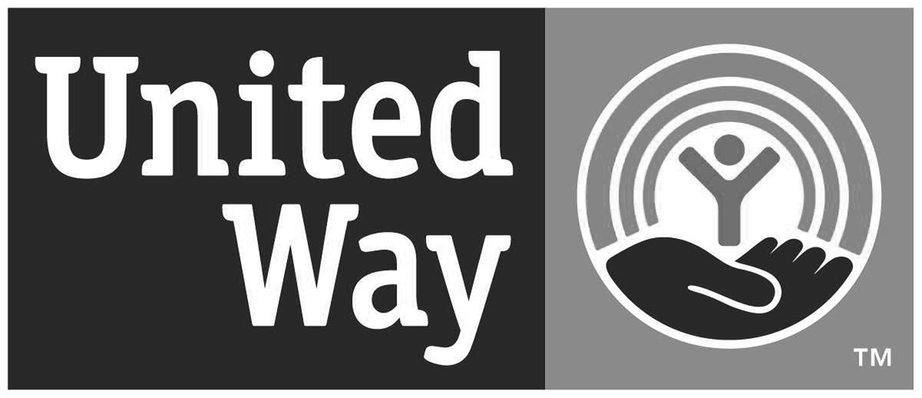Academic-Related Outcomes
Most youth who attend a 21st CCLC program believe that participating has helped them to develop their academic skills. Based on a survey of all 4th through 8th grade participants, 65% of youth agree or mostly agree that the program has helped them try harder in school. xx
New national research demonstrates that more consistent time spent in afterschool activities during the elementary school years is linked to narrowing the gap in math achievement at grade between low-income and high-income students.xxi Students participating in a high quality out-of-school time programs went to school more, behaved better, received better grades and did better on tests compared to non-participating students.xxii
xx American Institutes for Research (2014). Statewide Program Evaluation of RI 21st CCLC Program.
xxi Pierce, K. M., Auger, A. and Vandell, D. L. (April, 2013). Narrowing the Achievement Gap: Consistency and Intensity of Structured Activities
During Elementary School. Unpublished paper presented at the Society for Research in Child Development Biennial Meeting, Seattle, WA.
xxii Durlak, J.A., et. al. (2010). “A Meta-Analysis of After-School Programs That Seek to Promote Personal and Social Skills in Children and Adolescents.” American Journal of Community Psychology.









